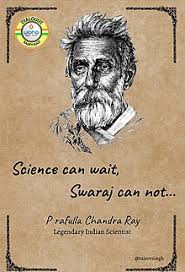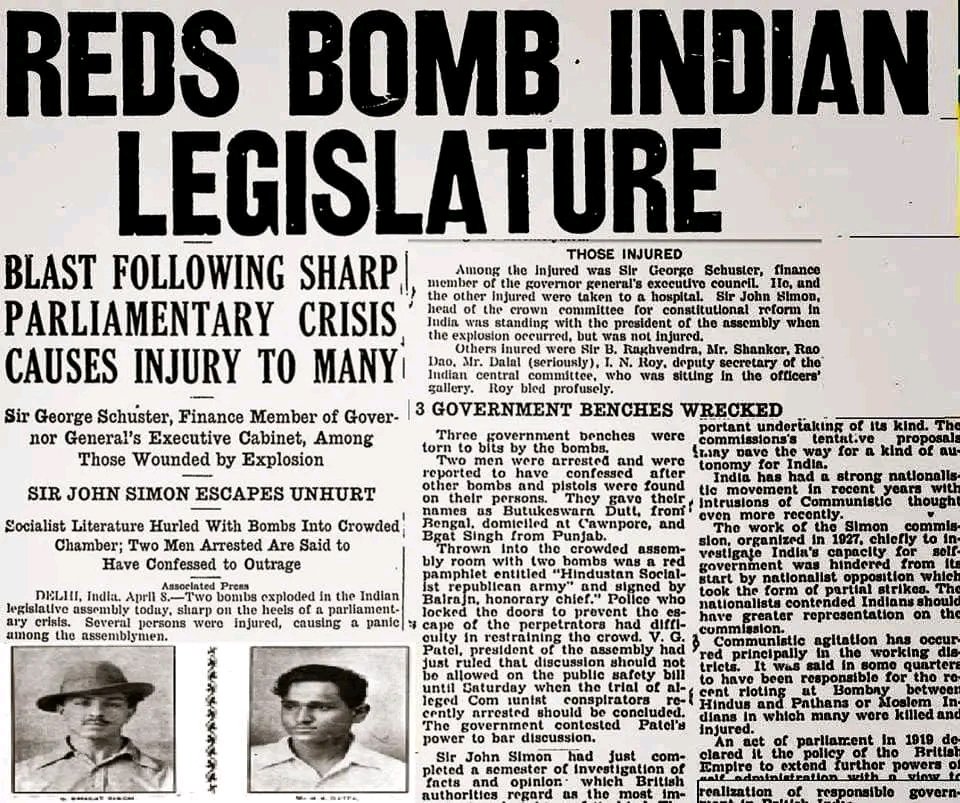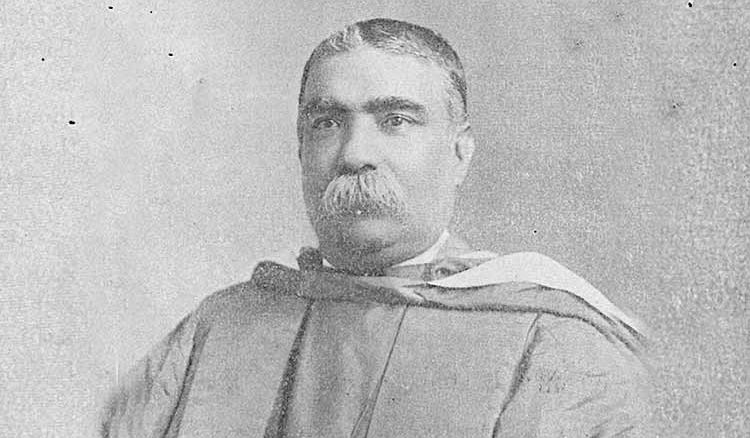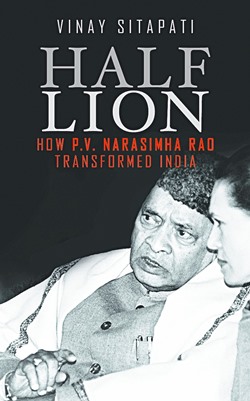To integrate the provinces, the Dept of states was wstablished in 1947 with 2 important men at the helm.
One was Sardar Patel and the other was
#VappalaPangunniMenon – who tragically is an Unsung Hero.
TO UNDERSTAND THE IMPORTANCE OF THIS PERSON, reader must know that,

One was Sardar Patel and the other was
#VappalaPangunniMenon – who tragically is an Unsung Hero.
TO UNDERSTAND THE IMPORTANCE OF THIS PERSON, reader must know that,


he was an invaluable asset to the Sardar Vallabhai Patel and it is VP Menon’s signature which is on every Instrument of Accession.
Menon’s story brings to light the Nehru-Patel rivalry and the first prime minister’s insecurity with his deputy and his not-so-favourable treatment
Menon’s story brings to light the Nehru-Patel rivalry and the first prime minister’s insecurity with his deputy and his not-so-favourable treatment
of Patel post-independence.
It also brings to light that while Nehru might have been good with words and writing eloquent letters to chief ministers, he was not good when it came to strategising and handling matters relating to administration.
Had there been no Patel & Menon
It also brings to light that while Nehru might have been good with words and writing eloquent letters to chief ministers, he was not good when it came to strategising and handling matters relating to administration.
Had there been no Patel & Menon
perhaps integration of princely states would not have been achieved.
In May 1948, at the initiative of V. P. Menon, a meeting was held in Delhi between the Rajpramukhs of the princely unions and the States Department, at the end of which the Rajpramukhs signed new Instruments
In May 1948, at the initiative of V. P. Menon, a meeting was held in Delhi between the Rajpramukhs of the princely unions and the States Department, at the end of which the Rajpramukhs signed new Instruments
of Accession which gave the GOI, the power to pass laws in respect of all matters that fell within the seventh schedule of the Government of India Act 1935.
At Sardar Patel's behest, Menon subsequently wrote a book "The story of the integration of the Indian states" describing
At Sardar Patel's behest, Menon subsequently wrote a book "The story of the integration of the Indian states" describing

the process they had adopted for each state, based on his first hand experiences of the process.
After the demise of Sardar,
Nehru had directed Menon NOT TO GO to Mumbai to attend Patel’s funeral, which Menon disregarded. He chartered a plane and took along all officials who
After the demise of Sardar,
Nehru had directed Menon NOT TO GO to Mumbai to attend Patel’s funeral, which Menon disregarded. He chartered a plane and took along all officials who
ever worked with the deputy prime minister with him. After Patel’s death, Menon was sidelined by Nehru—the states ministry was closed and he was made governor of Odisha for a short period in 1951.
Thus, after Patel's death in 1950, Menon himself retired from the newly formed
Thus, after Patel's death in 1950, Menon himself retired from the newly formed
IAS. He authored a book on the political integration of India, The Story of the Integration of Indian States and on the partition of India, Transfer of Power. He later joined Swatantra Party, but never contested in elections.
Narayani Basu, Menon’s Grand daughter & also his
Narayani Basu, Menon’s Grand daughter & also his
biographer, claimed that Nehru did not want Vallabhbhai Patel in that cabinet and that the latter was included only after V.P. Menon alerted Lord Mountbatten who spoke to Gandhi.
According to Menon, Patel’s name was included “as a sop”. The account of Patel’s name missing from
According to Menon, Patel’s name was included “as a sop”. The account of Patel’s name missing from
the first list is also mentioned in the private papers of British official Harry Hodson.
V P Menon was not even a graduate, after dropping out from school, he went to KGF and worked as coolie and later sold towels at Mumbai, later he got temporary government job as typewriter.
V P Menon was not even a graduate, after dropping out from school, he went to KGF and worked as coolie and later sold towels at Mumbai, later he got temporary government job as typewriter.
On a sunny spring day in 1914, a young Malayali walked into the Government of India’s summer offices in Gorton Castle, Simla.
Nobody knew who Vappala Pangunni Menon was then. He was all of 19-years-old, and he came with nothing but a letter recommending him for a typist’s job
Nobody knew who Vappala Pangunni Menon was then. He was all of 19-years-old, and he came with nothing but a letter recommending him for a typist’s job
in the home department. He made the most of this opportunity and steadily moved up the ladder with hard work and dedication. Then he became the important civil servant during the British Raj and later played major part in political integration of India. Though Menon comes across
as a boring person, obsessed only with his work and how to move up the ladder, his personal life has interesting aspects. A young boy gets angry with his schoolteacher, burns down his school and feels shame and remorse. He then escapes from his home in Kothakurussi, a tiny
hamlet in Kerala, goes to the Kolar Gold Fields.
What was V P Menon before Integration?
Well,
VP’s contributions to modern India were both immense and immensely understated.
When he was working on the electoral rolls for provincial elections of 1937, VP would give women —
What was V P Menon before Integration?
Well,
VP’s contributions to modern India were both immense and immensely understated.
When he was working on the electoral rolls for provincial elections of 1937, VP would give women —
including those whose marriages had been dissolved — the right to vote. He would also provide a space for the multitudes of India’s uneducated on the voters’ list, by providing symbols and coloured boxes on ballot papers and insisting that provincial governments lower their
educational standards for the average voter.
He would, in fact, put forward three plans for the transfer of power from the Raj to an independent India — in 1936, in 1941, and in 1946. Each plan hinged on one concept: A unified, federal India could well be achieved if the
He would, in fact, put forward three plans for the transfer of power from the Raj to an independent India — in 1936, in 1941, and in 1946. Each plan hinged on one concept: A unified, federal India could well be achieved if the
Centre took defence, foreign affairs and communications from the princely states, and left all the other powers with the royal houses.
It would mean no extreme humiliation for the princes, but it would allow the overall authority to be held by the GOI. Two different Viceroys
It would mean no extreme humiliation for the princes, but it would allow the overall authority to be held by the GOI. Two different Viceroys
heard his plan — and each time, the plan was shelved. It would be June 1947 before the Menon Plan for Indian Independence would finally see the light of day.
According to Plan Balkan, India would not be partitioned into two countries but vivisected in to dozens of countries;
According to Plan Balkan, India would not be partitioned into two countries but vivisected in to dozens of countries;
each province would have the right to secede; each Princely State the right to become independent. Mountbatten Showed This To Nehru & Nehru Was Aghast, The Next Morning, V P is summoned to Mountbatten.... “When I got to Viceregal Lodge, Lady Mountbatten was there, in the study,
holding her husband’s hand. I could see from their faces that this was disaster.” Still, Mountbatten tried to brazen it out. He wasn’t sorry he had shown the plan to Jawaharlal, he said.
The question was, how did one now retrieve this situation? “I told him,
The question was, how did one now retrieve this situation? “I told him,
‘Sir, you have never listened to me before, but I beg of you to please listen to me now.’
Months later when summoned, VP urged Mountbatten to think about Partition seriously, because it was the only way to ensure both the early demission of power, and as a result, obtain
Months later when summoned, VP urged Mountbatten to think about Partition seriously, because it was the only way to ensure both the early demission of power, and as a result, obtain
Congress approval. The only obstacle, as always, was Jinnah. Would he accept a mutilated version of his dream? “I reminded Lord Mountbatten that he himself had gained the impression that Jinnah was reconciled to the idea of partition of the Punjab and Bengal. Whereas the Plan
approved by His Majesty’s Government would break up the country into several units, my Plan would retain the essential unity of India. It was already lunchtime—1.30 pm or thereabouts, he would recall.
Nehru was leaving for Delhi at 7 pm that very evening. That left VP with
Nehru was leaving for Delhi at 7 pm that very evening. That left VP with
precisely four hours in which to produce a draft compelling and comprehensive enough to determine the future of India, and to change the history of South Asia forever. “I know people have said of me that VP always had the Plan ready,” he told Hodson, years later.
“But at that time, what did I have? I had nothing. I had a few notes and some essential points scribbled on some sheets of paper.” VP had worked under immense pressure before, but this was something else.
THREAD CONTINUES
THREAD CONTINUES
CONTINUED.......
India’s political future had been decided in a matter of three hectic hours, between 7 am and 10.30 am that morning. “But to put it in writing, Harry—that is another task all together!” Eventually, Patel would turn to VP in 1947, insisting that only VP
India’s political future had been decided in a matter of three hectic hours, between 7 am and 10.30 am that morning. “But to put it in writing, Harry—that is another task all together!” Eventually, Patel would turn to VP in 1947, insisting that only VP
would do as his secretary in the newly-established Ministry of States.
To Patel has gone the credit for the integration of India, yet it is VP Menon’s signature on every Instrument of Accession. After resigning from newly created IAS, Menon becomes founding member of
To Patel has gone the credit for the integration of India, yet it is VP Menon’s signature on every Instrument of Accession. After resigning from newly created IAS, Menon becomes founding member of
#SwatantraParty.
Menon, the nationalist to the core suffered seeing Nehru's hypocrisy towards the Bharat he worshipped. On 31st December 1965, Menon attained #Sadgati at his residence in Bangalore.
#ForgottenHeroes
#VANDEMATARAM
Menon, the nationalist to the core suffered seeing Nehru's hypocrisy towards the Bharat he worshipped. On 31st December 1965, Menon attained #Sadgati at his residence in Bangalore.
#ForgottenHeroes
#VANDEMATARAM
• • •
Missing some Tweet in this thread? You can try to
force a refresh


















